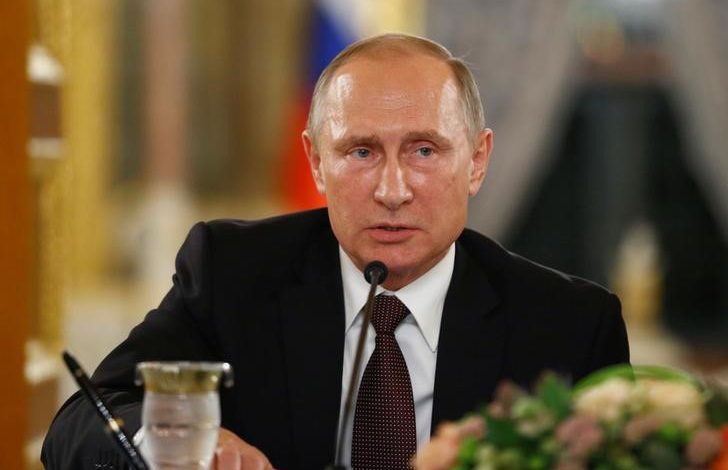
Putin Proposes Stabilizing Gas Markets “on an Absolutely Commercial Basis”
By Geoffrey Smith
Russia is prepared to increase its energy supply to mitigate a worsening crisis, President Vladimir Putin stated on Wednesday, coinciding with a day when spot prices in the U.K. and continental Europe reached new record highs.
“I would like to hear your suggestions on how we can further stabilize global energy markets,” Putin remarked during a video conference cabinet meeting. He emphasized Russia’s willingness to collaborate on this issue based on a strictly commercial framework.
As the only nation capable of significantly boosting gas shipments to European markets in the short term, Russia holds a pivotal role amid the current gas shortages. However, the recently completed Nord Stream 2 pipeline, which the gas company Gazprom plans to utilize for increased exports, is still pending certification from German authorities. The project has faced hurdles due to U.S. sanctions and resistance within the European Union, particularly from countries in the former Soviet bloc that are concerned about Gazprom’s market dominance.
In his remarks, Putin reiterated his earlier critiques of what he described as “mistaken” policy decisions by European leaders that have left the EU and U.K. markets vulnerable to supply crises. This includes the refusal to enter into new long-term agreements with Gazprom and a preference for purchasing gas at spot market prices.
In the U.K., energy prices have surged more than fourfold since June, reaching unprecedented levels. This sharp increase has contributed to inflationary pressures in an economy that, like many others in the developed world, remains buoyed by extensive fiscal and monetary stimulus over the past 18 months. As a result, bond yields have risen, intensifying calls for the Bank of England to increase interest rates in an effort to control inflation.
Meanwhile, continental Europe is experiencing somewhat less severe price increases, though benchmark Dutch futures are also climbing to new high levels nearly every day. Major industrial users reliant on gas, including BASF, Yara, and Fertiberia, have recently halted or significantly reduced their ammonia production due to the escalating costs.
The price surge is partly attributed to gas storage levels that are considerably below the historical average for this time of year. According to Gas Infrastructure Europe, storage facilities in the U.K. and the EU are less than 76% full, compared to an average of nearly 90% over the past decade. With potential drawdowns capable of reaching 70 percentage points, a cold winter could almost certainly result in ongoing shortages and rationing, particularly affecting industrial customers.
 GOOGL
GOOGL  META
META 


